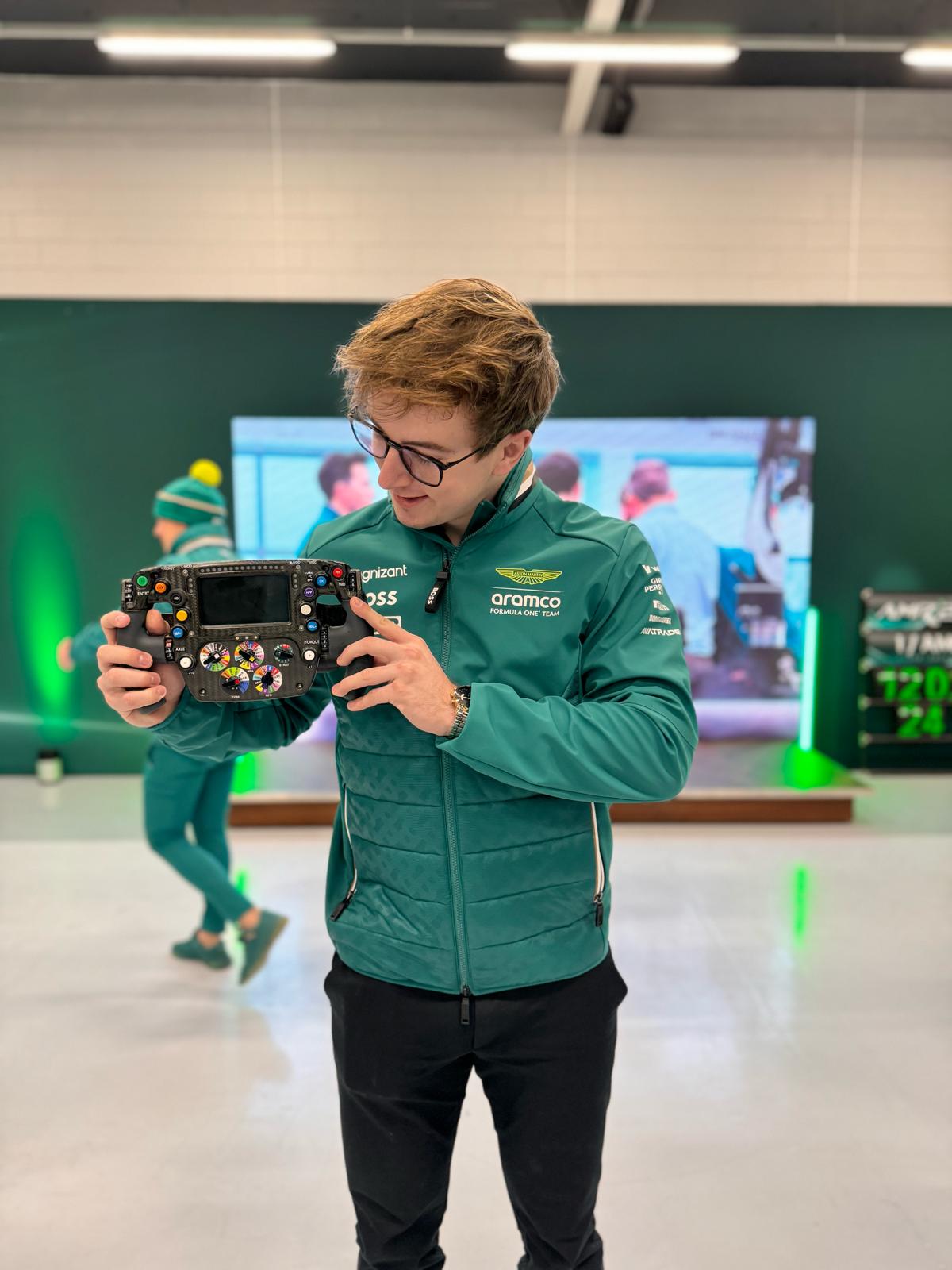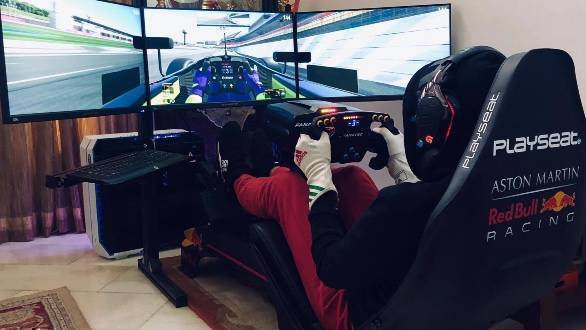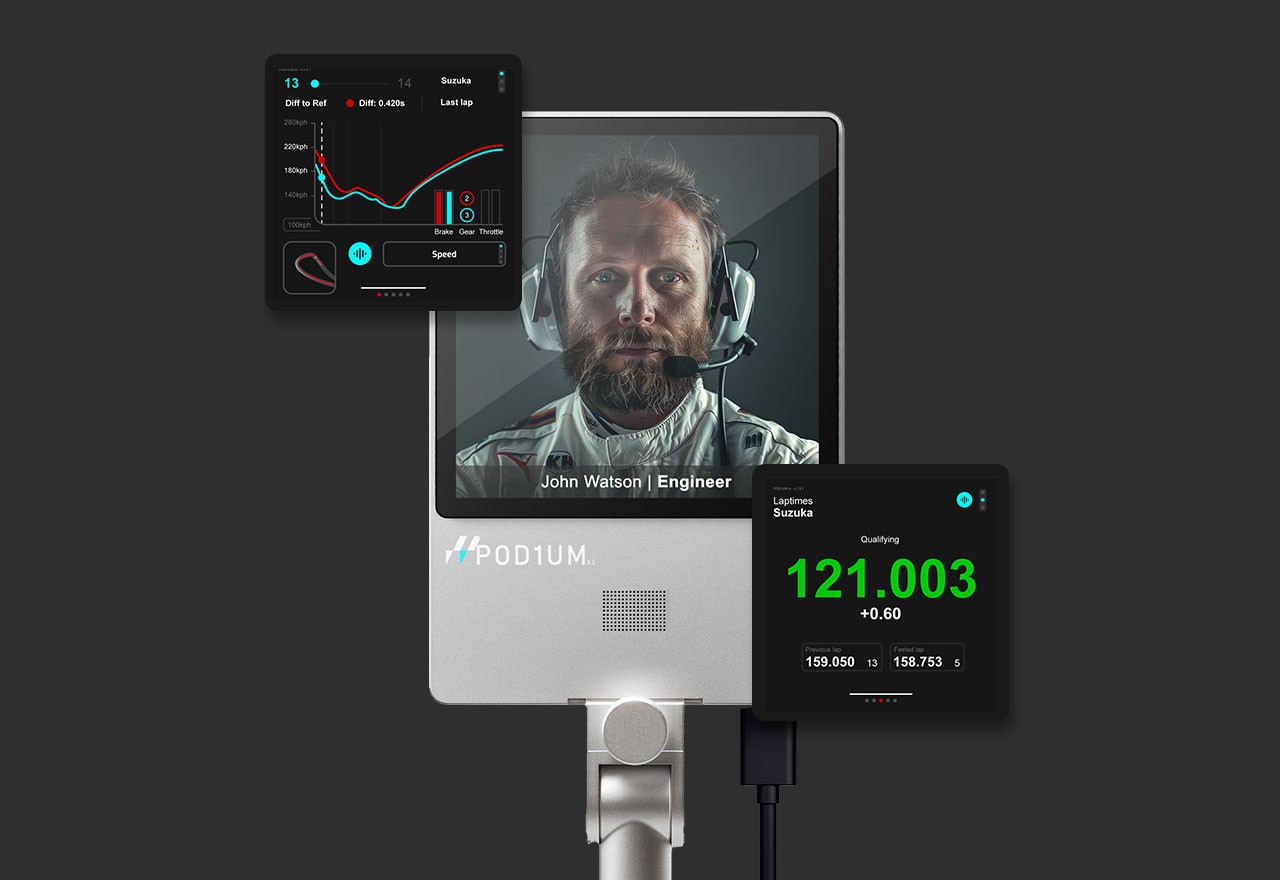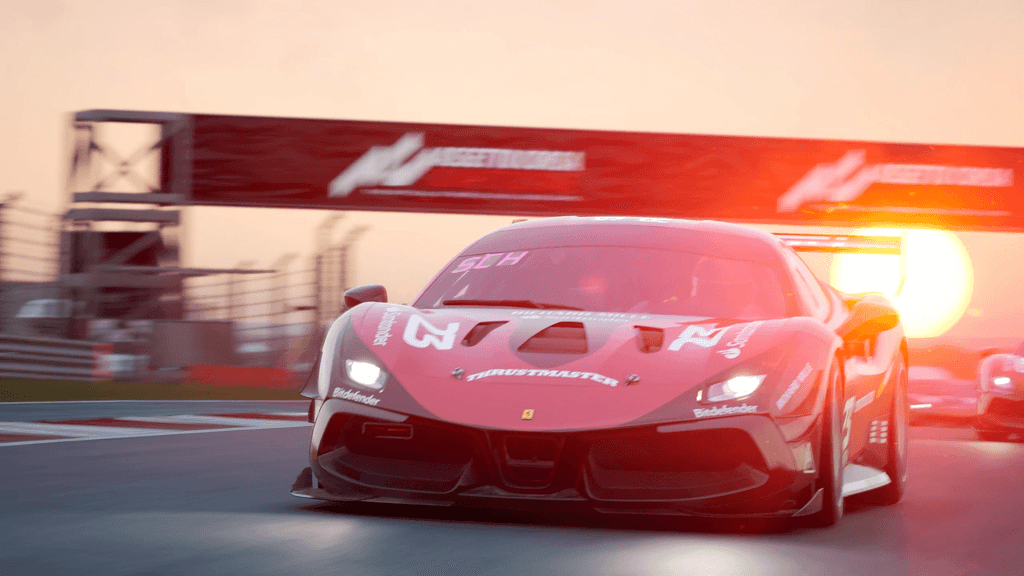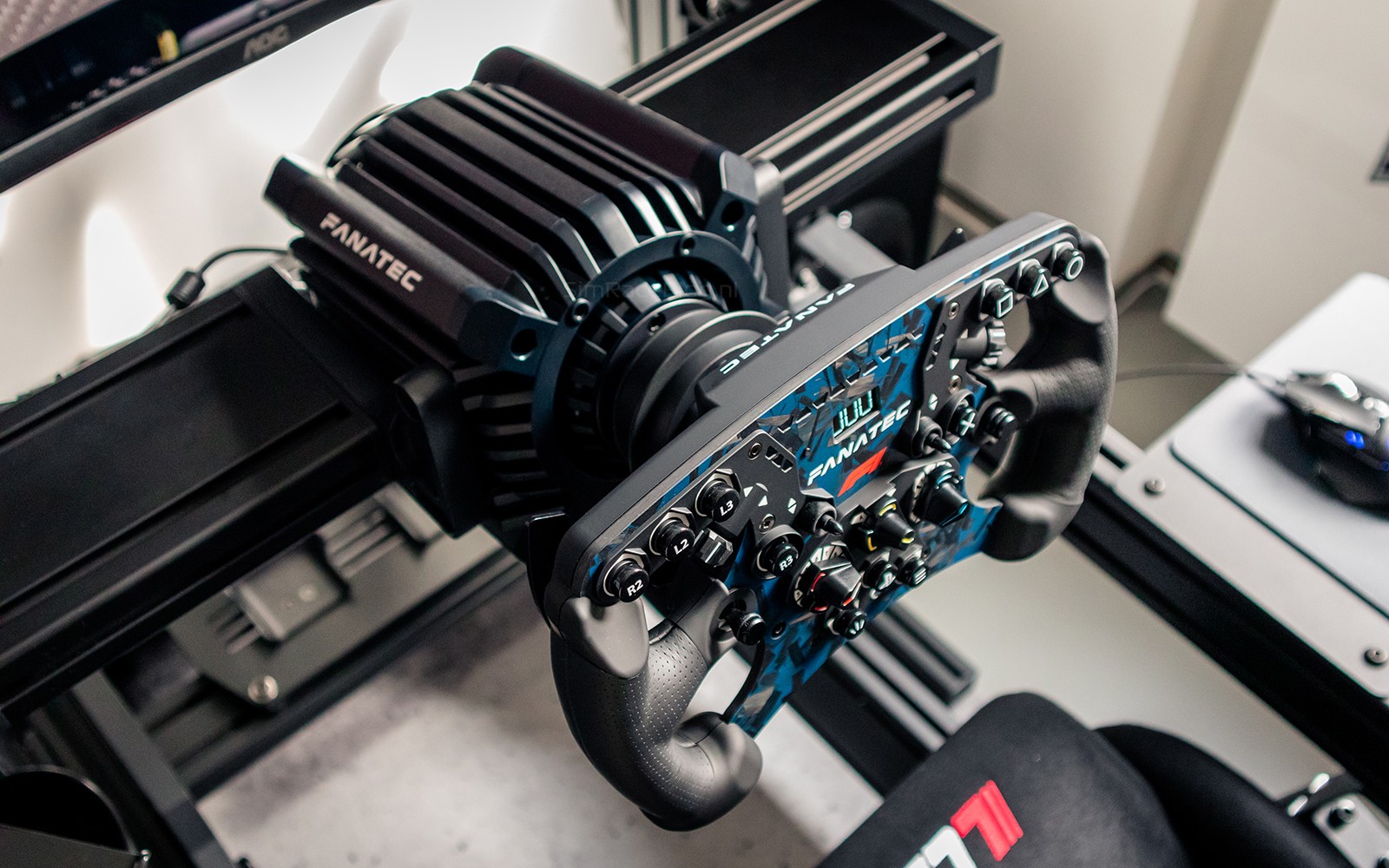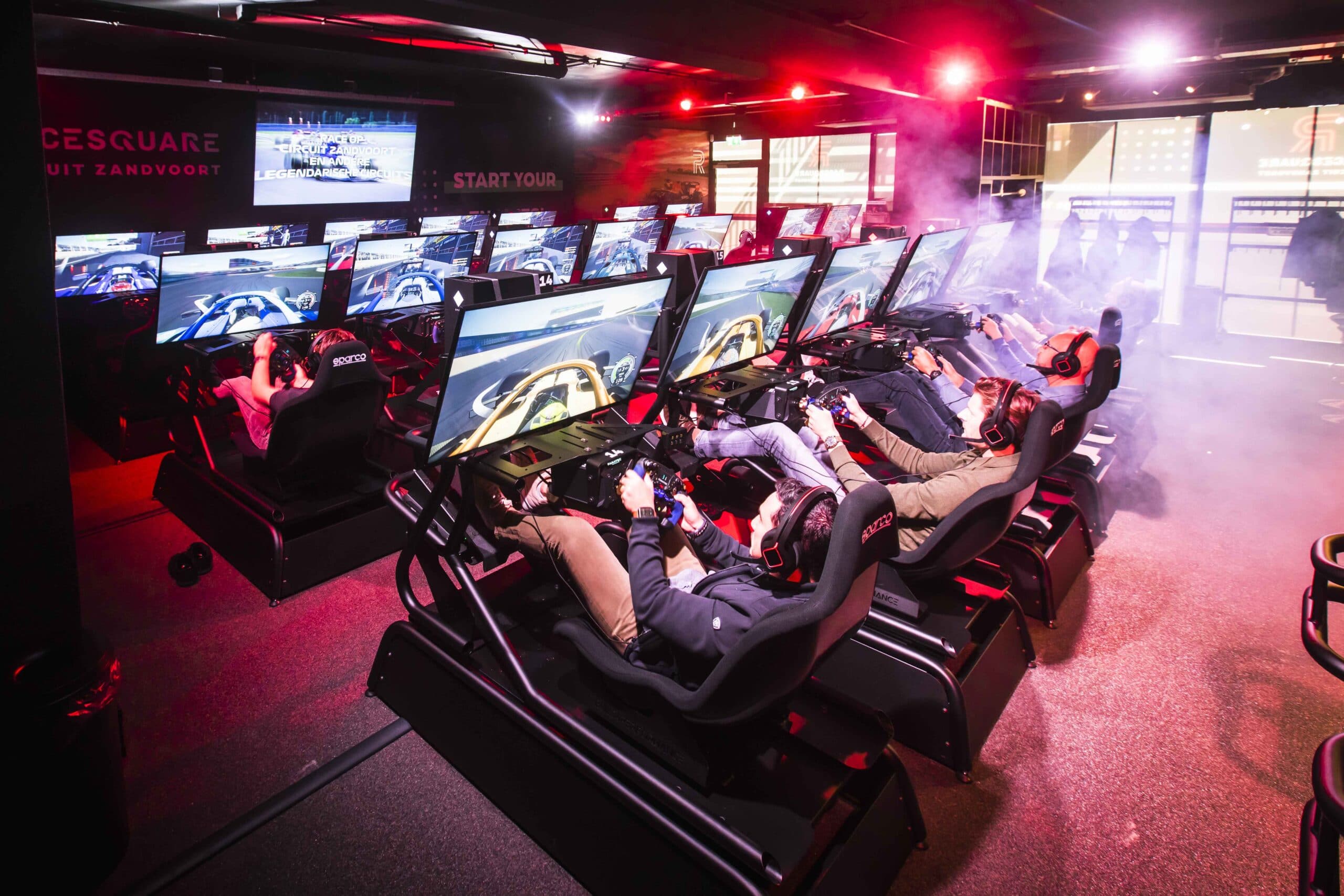Rising Esports Talent: The Future of F1 and GT3 Sim Racing
News & Insights
3 Min Read
By Nicholas Gallois | CEO POD1UM Ai
The world of sim racing is witnessing an unprecedented rise in talent, with esports racers bridging the gap between virtual circuits and real-world tracks. From F1 Esports to GT3 leagues, sim racers are making headlines by proving that skill, precision, and adaptability are just as vital in the virtual realm as they are on asphalt. Platforms like Low Fuel Motorsport (LFM), The Sim Grid, and iRacing's Special Events are nurturing a new wave of professional talent, offering a proving ground where the next generation of racing stars is born.
Sim racing has become the ultimate proving ground for virtual racers, bridging the gap between gaming and real-world motorsport. The rise of talented esports drivers in both F1 and GT3 leagues highlights a pathway that continues to gain credibility and momentum. Platforms like League of Motorsport (LFM), The SimGrid, and official competitions like the F1 Esports Series have enabled drivers to develop, compete, and even transition into real-world racing careers. Let's explore how these platforms cultivate talent and how AI-driven tools like POD1UM Ai are enhancing the journey.
F1 Sim Racing Talent: From Virtual Tracks to Real Circuits
The F1 Esports Series, launched in 2017, has turned sim racers into recognizable motorsport figures. With teams like Oracle Red Bull Racing Esports, Mercedes-AMG Petronas Esports, and Aston Martin Esports competing, the series has offered global exposure to esports talent. Dutch driver Duncan Hofland, currently racing for Aston Martin Esports, is a prime example of emerging talent making waves in virtual Formula 1 competitions.
These competitions are not just for entertainment — they are talent pipelines. Red Bull’s Sebastian Job and McLaren’s Lucas Blakeley have shown that virtual prowess can translate into on-track performance. The F1 Esports Series 2023 had over 40,000 participants in qualifying stages, showcasing the growing interest and competitiveness of the scene.
GT3 Sim Racing Talent: Grassroots Growth and Global Reach
GT3 sim racing thrives on platforms like The SimGrid and Low Fuel Motorsport (LFM). SimGrid has a diverse range of events and hosts prestigious tournaments like the SRO Esports World Challenge. This community-centric platform attracts top-tier sim racers who compete across iconic circuits like Spa-Francorchamps and Mount Panorama.
Low Fuel Motorsport (LFM) has over 180,000 active users and operates a structured rating system, making it a prime space for talent development. Its user base spans both casual and professional racers, providing a structured progression path similar to iRacing’s competitive ecosystem.
These platforms aren't just about competition; they provide a space for consistent skill-building, strategy development, and collaboration, preparing drivers for professional opportunities in esports and beyond.
The Role of AI in Developing Future Champions
AI-powered tools like POD1UM Ai are revolutionizing how sim racers train and improve. By offering personalized coaching, real-time feedback, and data-driven insights, these platforms provide racers with actionable advice to enhance performance. Whether you're competing in an F1 league or a GT3 championship, AI tools can help refine driving lines, optimize braking points, and develop race strategies.
For example, POD1UM Ai helps identify patterns in a driver’s performance and tailors advice that aligns with their unique racing style. This technology can reduce learning curves, making it easier for talented newcomers to reach competitive levels quickly.
Final Thoughts
The convergence of sim racing, esports leagues, and AI-driven coaching tools is creating a fertile ground for the next generation of motorsport talent. Platforms like The SimGrid, LFM, and F1 Esports are providing opportunities for racers to hone their skills, while AI innovations like POD1UM Ai are ensuring these drivers have the best tools to succeed.
For both F1 and GT3 esports, the future looks bright — a future where the line between virtual and real racing continues to blur, and where talent, determination, and technology drive the champions of tomorrow.
Join our newsletter list
Sign up to get the most recent blog articles in your email every week.
